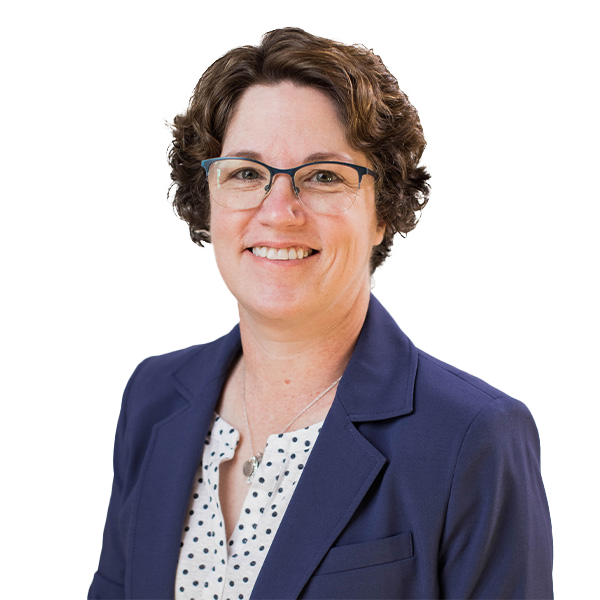I tend to remember things better if there is an acronym, an acrostic, or some type of wordplay that goes along with the point, and I figure that a good number of people work that way, too. So, the word of the day today is “SAVE.” If you can remember what these letters represent and implement them, you will be well on your way to a stronger financial future
S – Start with a Plan
If you have been a fan of The Get Ready for the Future Show for any time at all, you have heard us talk about planning so much that you likely could predict its presence in this blog. We truly believe that everything you do needs to be plan-based. Think about the following questions as you build your plan:
- What are my goals?
- What is important to me?
- When do I want to achieve these goals?
- What resources do I have or could I have to dedicate toward these goals?
It might be that you are early in your overall financial plan and need to focus more on saving and paying down debt than on investing. It may be that you need to save for a replacement vehicle, or you might be at the point where it’s really time to buckle down and focus on investing for retirement. Your plan should be uniquely structured to work toward your goals.
A – Assess Your Needs
I wish that I could count how many times people have asked us if they had enough to retire, after only having told us their total sum of investable retirement assets. The answer at that point is always, “It depends.” That may sound strange, but it truly does depend on what your needs are. If you have $500K and need a $50K annual income on top of Social Security and pension income, then, no, you probably don’t have enough. However, if you have $500K and need a $10K annual income on top of other income sources, then, yes, you likely do have enough. It’s all relative to your needs. Be sure that you know what your needs are.
V – Value Wise Counsel
Simply put, if you want to be a great “whatever,” you talk to people who are great at “whatever.” You don’t try to re-create the wheel, so to speak. The same should be true of your finances. Proverbs 12:15 says, “The way of a fool is right in his own eyes, but a wise man is he who listens to counsel.”
Many people are surprised to know that those of us at GenWealth Financial Advisors have our very own financial advisors as well. We simply know that it’s better to take the emotion out of our financial decisions and follow the counsel of someone else who can have a different perspective. It’s not really about what you know, in terms of just the facts; it’s about your emotional connection with your money as much as anything else. If you don’t think that you’re emotional about it, you frankly lack the ability to be honest with yourself. Lean on someone who can give you wise counsel.
E – Establish Good Habits
If handling your money is anything, it is habitual. Whether you have good habits or bad ones, you have financial habits. Just like other habits in life, financial habits can be changed if needed. Here are some great habits to consider if you don’t already have them established:
- Budget – Count the letters. It’s really not a 4-letter word! You can do it. We have great tools to help with this if you need them.
- Plan to have fun – If you put it in your budget, then it won’t mess up your long-term plans. If you don’t budget for it, you’ll do it anyway.
- Automate savings – Whether it’s investing in your 401(k) or saving in your savings account, if you automate the process, you will never question it. It will just happen, and you will live off the rest.
What can you do today to SAVE for your financial future?
The opinions voiced in this material are for general information only and are not intended to provide specific advice or recommendations for any individual. No strategy assures success or protects against loss. Investing involves risk including loss of principal.





